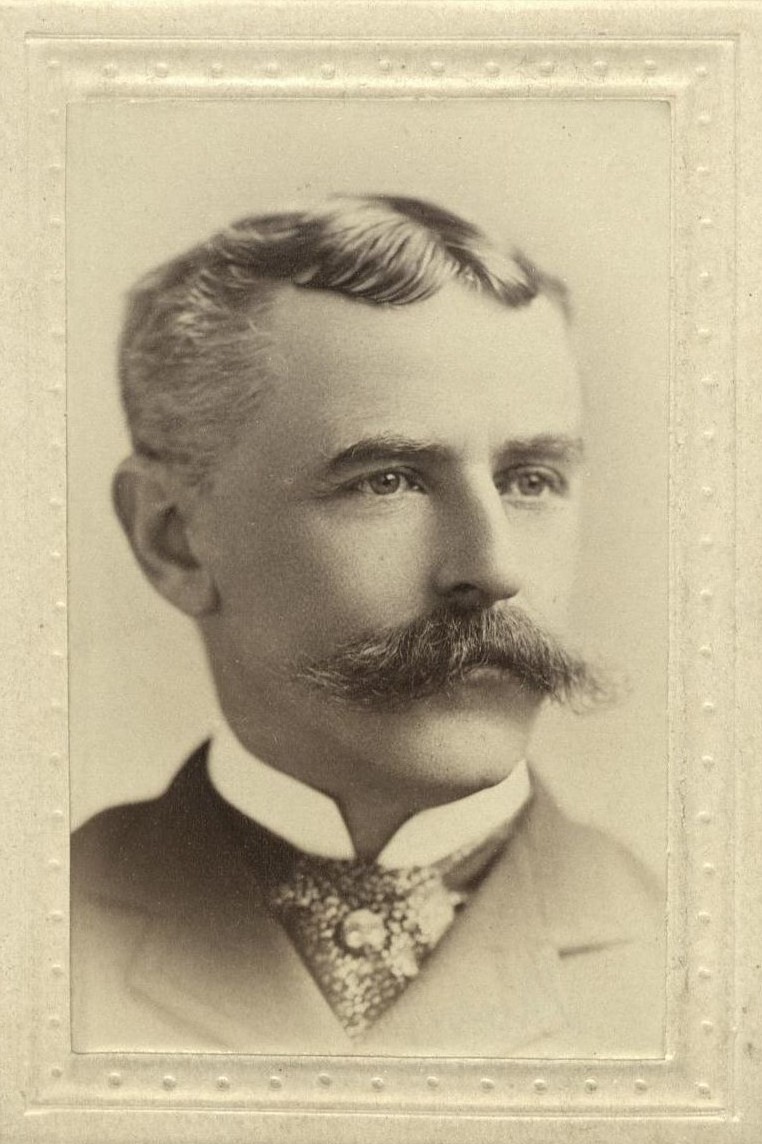Engineer/Railroad President
Centurion, 1883–1899
Born 5 July 1841 in Chambersburg, Pennsylvania
Died 5 June 1899 in Merion, Pennsylvania
Buried West Laurel Hill Cemetery , Bala Cynwyd, Pennsylvania
, Bala Cynwyd, Pennsylvania
Proposed by Edwin L. Godkin
Elected 2 June 1883 at age forty-one
Century Memorial
Frank Thomson, the president of the Pennsylvania Railroad, although a comparatively young man when he died, was probably the most thoroughly equipped railroad man of the highest and most complete type in the United States. When seventeen years of age he entered the Altoona shops of the Pennsylvania Railroad for instruction, and graduated, after a course of four years’ training in this great school of applied science, a mechanical engineer who could build a locomotive and run it himself. Under that great master of railroading, Thomas A. Scott, who knew men as well as the intricacies of railroad transportation, he gave valuable aid to the Government during the War in the transporting of troops, forwarding supplies to the front and maintaining the lines, a service which received the fitting commendation of the War Department and marked him as a railroad man of rare promise. As superintendent of motive power and general manager of its various divisions, and finally of the entire system of the Pennsylvania Railroad, he became thoroughly informed as to all the railway interests of the country, and was thus made, under his chief, one of the most experienced and ablest of American railway managers. He rose rapidly by steady promotion for merit through all the grades until he became the head of that magnificent system, the most perfect in the United States, which owed to him many of the improvements that have become models for all other lines. The standard track and solid roadbed, the system of track inspection, and the adoption of the superior standard of equipment, the building of picturesque stations and ornamentation of grounds, the use of the block signal system and the development of the high grade of discipline for which the Pennsylvania Railroad is noted, were all due to him, and were an evidence of his capacity and leadership in his profession.
He possessed great refinement and cultivation, was a connoisseur in art, literature and music, an enthusiastic sportsman, and dispensed a quiet but notable hospitality in his charming home, where his wide acquaintance, both in this country and abroad, collected a choice circle of men and women eminent in all the walks of life, who recognized in him a mind and nature kindred to their own.
Henry E. Howland
1900 Century Association Yearbook


